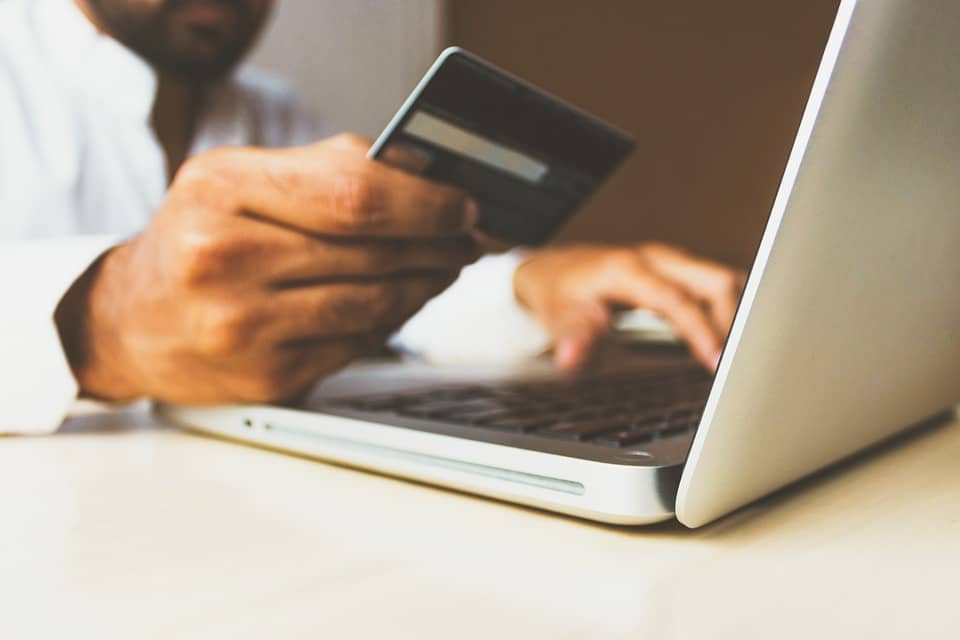The Importance of Encryption: How to Safeguard Your Digital Payments in 2024
As the world becomes increasingly digital, online transactions have become a norm. With the rise of e-commerce, mobile payments, and cryptocurrencies, people are now able to make transactions more easily than ever before. However, with the convenience comes a sense of insecurity. With the increasing threat of cyber-attacks and data breaches, it is crucial to prioritize the safety of digital payments. This is where encryption comes in – a vital tool to safeguard online transactions and protect sensitive information.
What is Encryption?
Encryption is the process of converting plain text into a code that is unreadable to unauthorized parties. It uses algorithms and keys to scramble data, making it virtually impossible for hackers to intercept and steal sensitive information. In the context of digital payments, encryption ensures that financial transactions remain confidential and secure.
Why is Encryption Important in Digital Payments?
Encryption is essential in digital payments for several reasons:
- Data Protection: Encryption protects sensitive information such as credit card numbers, passwords, and personal data from being intercepted and stolen.
- Cybersecurity: It guards against cyber-attacks, such as phishing, malware, and ransomware, which can lead to data breaches and financial losses.
- Regulatory Compliance: Many payment processing companies and financial institutions are required to comply with data protection regulations, such as the General Data Protection Regulation (GDPR) and the Payment Card Industry Data Security Standard (PCI-DSS). Encryption is essential in meeting these standards.
- User Trust: When payments are made digitally, users want to feel secure and confident that their transactions are protected. Encryption instills trust, fueling the digital economy.
Types of Encryption in Digital Payments
There are two main types of encryption used in digital payments:
- Symmetric Encryption: In this type, the same key is used for both encryption and decryption. Symmetric encryption is faster and more common in digital payments.
- Asymmetric Encryption: This type uses a pair of keys: a public key for encryption and a private key for decryption. Asymmetric encryption is more complex but provides added security.
How to Make Digital Payments Safely in 2024
To ensure secure digital payments, follow these best practices:
- Use a Secure Payment Gateway: Utilize payment gateways that prioritize encryption, such as SSL/TLS, to protect transactions.
- Keep Software Up-to-Date: Regularly update your browser, operating system, and software to ensure you have the latest security patches.
- Use Strong Passwords: Create complex, unique passwords for all accounts, and consider using a password manager.
- Be Cautious of Phishing Scams: Never share sensitive information or click on suspicious links, as they can lead to malware and data breaches.
- Use a Virtual Private Network (VPN): When making transactions, consider using a VPN to encrypt your internet connection.
Conclusion
In conclusion, encryption is the cornerstone of secure digital payments. As the world joins the digital age, it is crucial to prioritize encryption to protect sensitive information. By understanding the importance of encryption, the two main types, and following best practices, individuals can make informed decisions when it comes to digital payments. Remember, a secure digital payment is a payment that is protected by encryption – making it virtually impossible for hackers to intercept and steal sensitive information.
FAQs
Q: What is the most common type of encryption used in digital payments?
A: Symmetric encryption is the most common type used in digital payments.
Q: Can I trust my payment gateway to protect my transactions?
A: Look for payment gateways that prioritize encryption, such as SSL/TLS, to ensure secure transactions.
Q: How often should I update my software and browser?
A: Regularly – at least once a month – to ensure you have the latest security patches and bug fixes.
Q: What is a secure password?
A: A secure password is one that is complex, unique, and updated regularly – or consider using a password manager.
Q: Can I use a free Antivirus software to protect my computer from malware?
A: Yes, as long as it is reputable and regularly updated, it can help protect your computer from malware and data breaches.
By understanding the importance of encryption, types of encryption, and best practices, you can confidently make digital payments in 2024 and beyond. Remember, a secure digital payment is a protected digital payment – and encryption is its silent guardian.

Leave a Reply